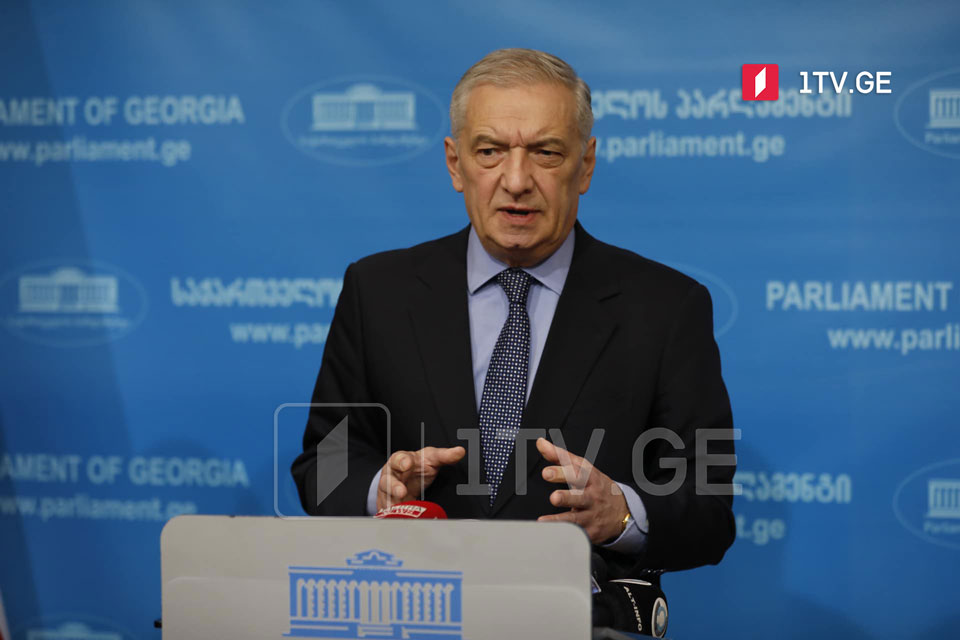“Weakening positions in the South Caucasus, postponement of military exercises, and freezing symbolic assistance gives more advantage to the Russian Federation and is a strategic mistake,” said Gia Volski, First Vice Speaker.
According to Gia Volski, when Georgian territories are occupied, and Russian aggressive policy is a threat, it is “regrettable to deprive Georgian Defence Forces of financing and give money to the rating-lacking non-government organizations that seek destabilization” in the country.
In his words, postponing military drills is not only a “demarche but means conceding positions.”
“We should know that billions are spent on the Georgian army from the budget to bring both the military equipment and servicemen in compliance with NATO standards. Much money is allocated to social aid for soldiers.
The army leads in the ratings, while non-governmental organizations, which transparency induced this problem, lack the rating.
When the high-rated army is deprived of finances, be it the assistance of vital or non-emergent significance, this political demarche is harmful. The opposition are the ones excited, who say that what is happening is good for elections. Also, the Russian Federation is glad and continues to play the same chess as in August 2008. Weakening positions in the South Caucasus, postponement of military exercises and freezing symbolic assistance gives more advantage to the Russian Federation and is a strategic mistake,” he said.
The First Vice-Speaker added that the EU and US got angry with Georgia over the Georgian Transparency law but this “conflict on the political field” does not “allow them to be inconsistent.”
EU has frozen its support for Georgia from the European Peace Facility – EUR 30 million for 2024. On July 5, the US Department of State announced the indefinite postponement of the Noble Partner exercise in Georgia, originally scheduled for July 25 – August 6, 2024, as part of the US-Georgia relationship review.
